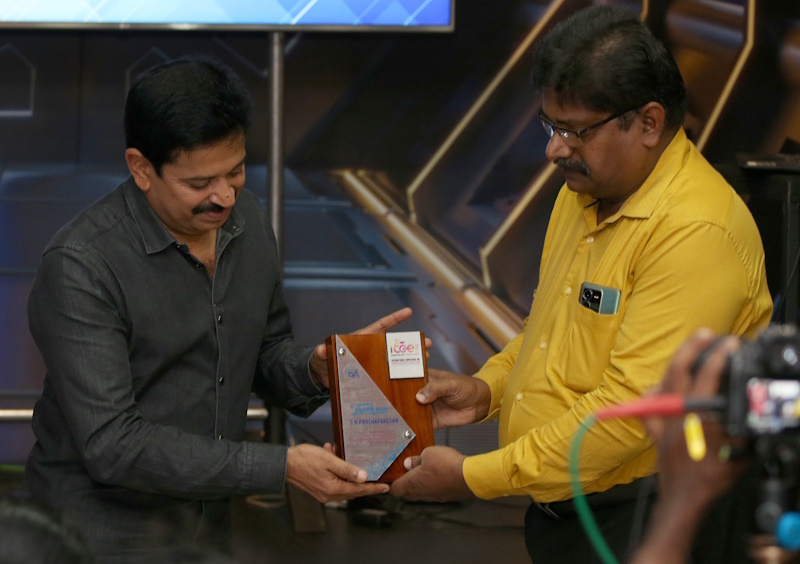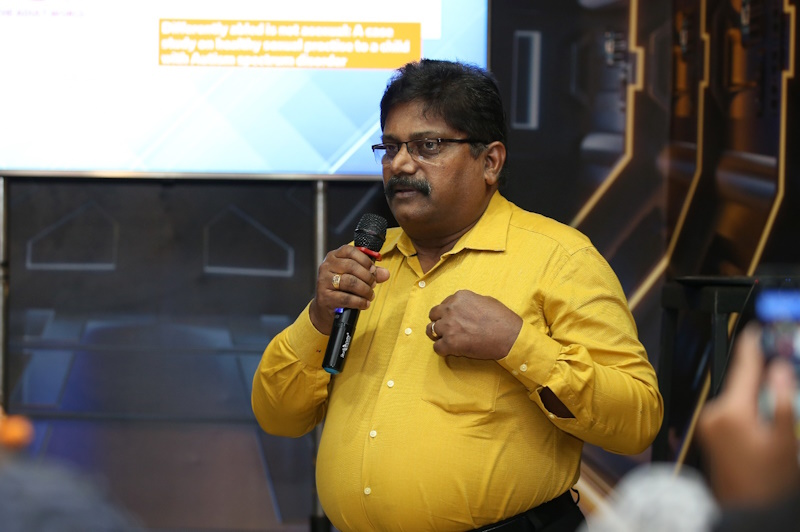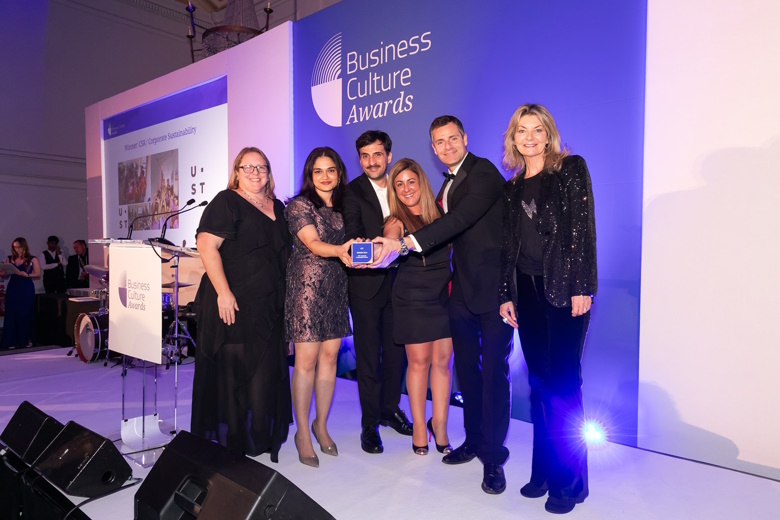 Thiruvananthapuram: Studies have proven that love and encouragement can reduce the problems of the differently-abled. Experts at a session titled ‘Success Stories’, organised as part of the International Conference on Comprehensive Education (ICCE) for Children with Special Needs, presented research papers that brought to light the importance of love and encouragement in solving the problems of children with disabilities.
Thiruvananthapuram: Studies have proven that love and encouragement can reduce the problems of the differently-abled. Experts at a session titled ‘Success Stories’, organised as part of the International Conference on Comprehensive Education (ICCE) for Children with Special Needs, presented research papers that brought to light the importance of love and encouragement in solving the problems of children with disabilities.
The ICCE is organised by the Different Art Centre and Adelphi University, New York, with support from the State Department of Social Justice and the Central Department of Disability Empowerment,
Chandigarh-based therapeutic storyteller Shivani Dhillon, MG University student Simi Joseph and rehabilitation psychologist BS Reema of Thiruvananthapuram Magic Planet, shared their research and findings with the delegates.
According to Shivani Dhillon, it has been proven that all the problems commonly shown by differently-abled children, including behavioural problems, can be reduced through moral stories. If your child regularly throws objects and breaks them, it is not advisable to get angry or immediately reprimand him / her for doing so. Instead, take your time, and when the child is happy, try telling him / her why it is not good to throw things. Drive home your point in the form of a story. Parents need to prepare themselves to narrate the story before doing so. Repeatedly resorting to this method will help in gradually changing such behaviour.
Pointing out that sexual thoughts, masturbation, and the like are rights of differently-abled people, just as they are for the others. However, often due to social and religious reasons, people never talk about all these. All such difficulties can be overcome by believing in the fact that love is the best medicine that can be given to people with disabilities.
Simi Joseph, a student of Medical Psychiatry in Social Work, at the MG University, explained the case of a girl affected with osteogenesis imperfect, which is a severe condition where bones break easily, who became a homeopathic practitioner. There are such incredible stories of people in this world, said Simi Joseph, adding that the differently-abled kid who wanted to be a doctor, has gone on to achieve her goal. She is now a doctor and is happily married.
 Parents of people with brittle bones should be educated first. Patients should then be given the opportunity to participate in all aspects of society. This can be done with the help of friends, relatives, local governments and voluntary organisations. She also narrated the real life story of a young man, who had been suffering from a serious disease called osteogenesis type 3, going on to secure a job with the State Bank of India. A 95% differently-abled person, he used to lie down in class at school as he could not sit erect.
Parents of people with brittle bones should be educated first. Patients should then be given the opportunity to participate in all aspects of society. This can be done with the help of friends, relatives, local governments and voluntary organisations. She also narrated the real life story of a young man, who had been suffering from a serious disease called osteogenesis type 3, going on to secure a job with the State Bank of India. A 95% differently-abled person, he used to lie down in class at school as he could not sit erect.
Simi also narrated the story of a young man who currently works at Microsoft. Though he had attended interviews at many companies and was rejected, he refused to be disappointed. It is a great message to the society that all of them were able to succeed in their personal and professional life.
Parents of differently-abled people face problems, such as masturbation in public places. This often happens due to lack of knowledge. BS Reema, rehabilitation psychologist at Magic Planet, Thiruvananthapuram, said that children should be made aware of these aspects of life before they reach adulthood. They can be convinced that such things should only be done in the bedroom, toilet, or washroom. Telling them needs to factor in a great amount of love, she said, adding that it has been witnessed that after three months of exercises in such children, such problems were greatly reduced. State Disability Commissioner Panchapakesan moderated the session.
Another session witnessed Stuart Bennett, founder of Corbett Farms, USA, elaborating on the potential of equine therapy in improving the mental health of children with disabilities. He said that interaction with animals would help a great deal in reducing mental stress. Cautioning that proper precautions are needed for this, he added that there is a lot to learn from animals and that animal companionship can equip differently-abled people to adapt to real life situations. He said that equine therapy helps in the production of the happy hormone.




